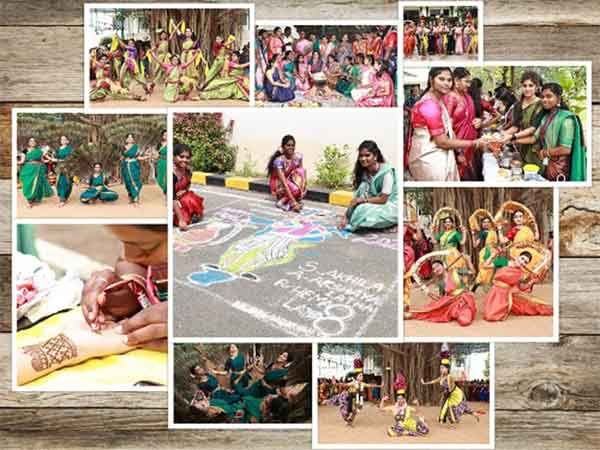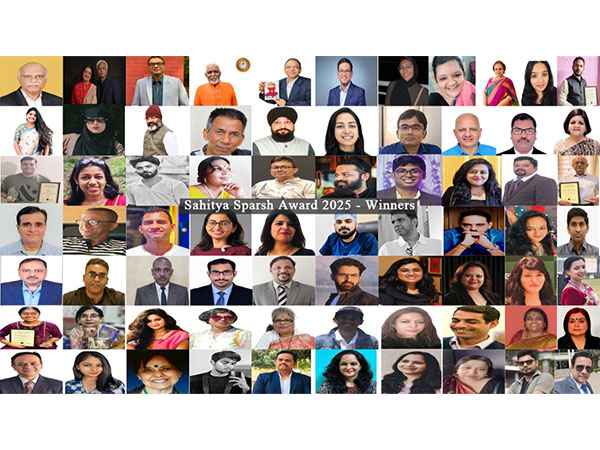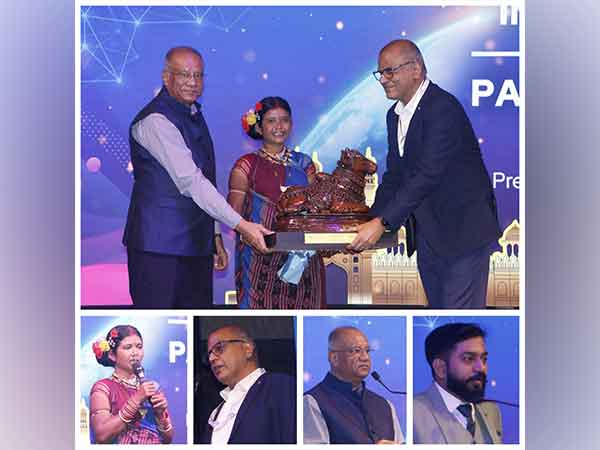Transforming Waste into Wealth: The Art of Living's Environmental Revolution
Jul 06, 2024
PRNewswire
Bangalore (Karnataka) [India], July 6: In India, half the waste produced by households is wet waste, often destined for landfills where it contributes to environmental degradation. Similarly, vast quantities of floral offerings from places of worship end up polluting water bodies and posing health risks. However, these under-utilised resources hold tremendous potential. The Art of Living, under guidance from the world renowned spiritual leader and humanitarian, Sri Sri Ravi Shankar, is tapping into this potential to foster a cleaner and healthier environment.
Holistic Approach to Waste Management
The Art of Living has initiated a revolutionary change by setting up waste separation facilities and management plants at major places of worship and urban centres across India.
Beyond waste management, this initiative promotes economic independence among community members. Unemployed youth are trained in the operation and maintenance of waste management machinery, enabling them to become environmental entrepreneurs.
Comprehensive Strategy
The organisation's strategy begins with a comprehensive assessment of the required facilities, considering factors such as the volume of solid waste generated, including peak demands. Following agreements with the place of worship authorities or the city's municipal corporation, the project's capital funding is secured. The civil infrastructure for the composting unit is built and waste collection and segregation facilities are established. Training is provided to staff for machinery operation and maintenance.
Implementation Steps
* Waste Collection and Segregation: Collected waste is brought to the site and undergoes a rigorous segregation process.
* Composting of Floral/Wet Waste: The floral and wet waste is processed in the composting unit.
* Marketing Organic Compost: The resulting organic compost is made available for sale.
*Sustainable Project Funding: The proceeds from compost sales contribute to the project's sustainability.
Impact
* 42,00,000+ kg of waste processed annually across India
* 3,60,000+ Biodegradable spoons and plates produced from areca nut leaves
* 67,000+ Students involved in waste conversion into bio-manure across 17 states in India
* 44,000+ Cleanliness drives conducted
* 1,000+ Waste pickers trained in waste segregation across 15 states in India
* 18 Composting plants installed in large temples and urban cities across India
* 5 Municipal waste management projects active in Chennai and Delhi.
* 4 Composting plants setup in New Delhi under New Delhi Municipal Council
* 1,000 kg/day Composting capacity in Delhi
* 500 kg/day Composting capacity in Chennai
* 5,12,000 kg of garbage removed during the Clean Yamuna campaign.
* 43,980 Cleanliness drives conducted successfully
Broader Environmental Initiatives
The Art of Living's commitment to environmental care extends beyond waste management. Initiatives include large-scale tree plantations, natural farming to preserve soil quality, and the rejuvenation of rivers and their tributaries. These efforts have led to significant impacts:
Revolutionising Waste Management in Rural India
Untreated waste is a significant source of accumulating pollution and poses a serious health hazard in rural areas, lacking adequate infrastructure for efficient disposal. Over the years, numerous methods have been developed to not only treat waste but also convert it into an alternative energy source.
The Art of Living's expansive outreach includes health and hygiene camps (5H Program), medical camps, stress relief workshops, and the construction of houses, toilets, borewells, and water body rejuvenation. This comprehensive approach ensures that the community's overall well-being is addressed alongside waste management.
Key Initiatives and Impact
* Health and Hygiene Camps: Conducted 49,500 hygiene camps in 52,212 villages.
* Waste-to-Energy Projects: Generated 150KW/day of electricity and gathered 336 kg/day of compost from a single biogas plant, yielding an income of Rs 4,29,240 per year.
* Environmental and Health Benefits: Reduced CO2 emissions, increased soil fertility, and achieved a 72% reduction in malaria cases due to biogas plant and coal briquette installations.
By turning waste into a valuable resource and providing comprehensive community support, The Art of Living is paving the way for a cleaner, healthier, and more prosperous future for rural and urban communities. This holistic approach exemplifies how effective waste management can drive positive change and sustainable growth.
About The Art of Living Social Projects
The Art of Living Social Projects has resolved to create positive societal impact through transformative initiatives. With a focus on holistic development, the organisation strives to contribute to the well-being of individuals and communities alike.
Follow at: https://www.instagram.com/artofliving.sp/
Like at: https://www.facebook.com/artoflivingsocialprojects
Tweet at: https://twitter.com/artofliving_sp
Message at: https://www.linkedin.com/showcase/artofliving-sp
Photo: https://mma.prnewswire.com/media/2454509/Transforming_Waste_into_Wealth.jpg
Logo: https://mma.prnewswire.com/media/1979631/AOLSP_logo_Logo.jpg
(ADVERTORIAL DISCLAIMER: The above press release has been provided by PRNewswire. ANI will not be responsible in any way for the content of the same)
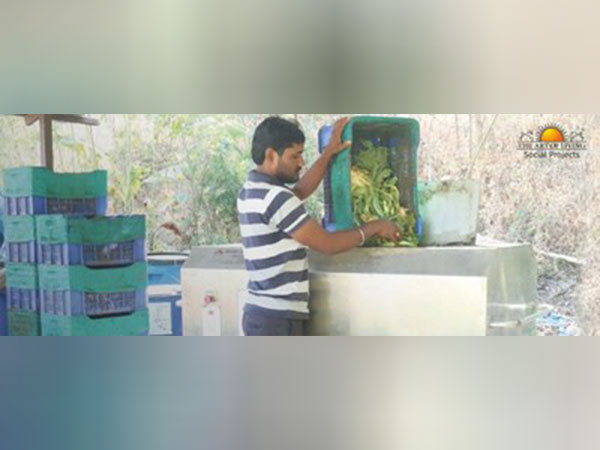

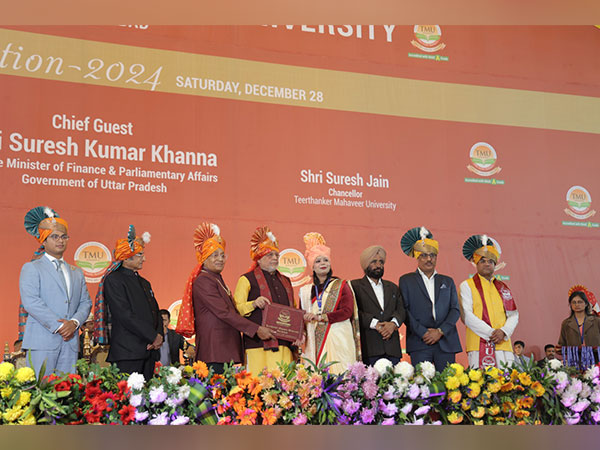
![Dr. Raghupati Singhania, CMD, JK Tyre & Industries and jury members presented Indian Car of the Year [ICOTY] 2025 award to Mahindra & Mahindra team](https://worldnewsn.s3.amazonaws.com/media/images/ANI-20250111122719.jpg)
